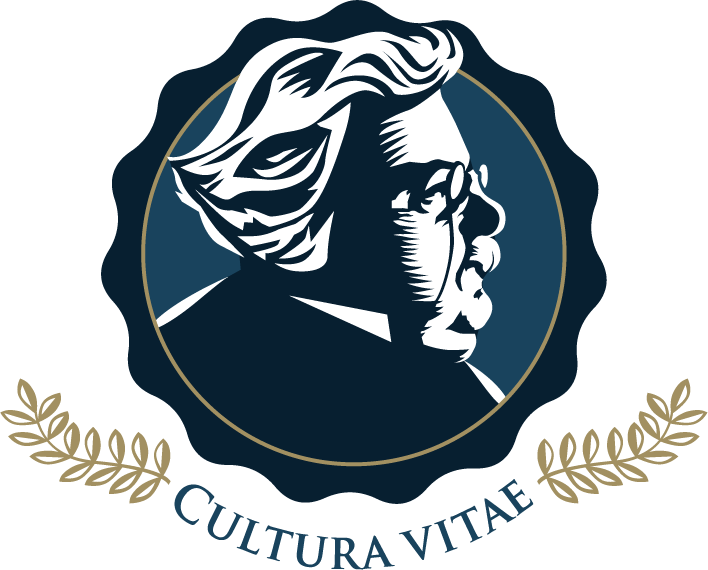To Essay is to Try
An essay is a little thought experiment. The word itself is from the French “essaier” - to attempt, which originated in the Latin “exigere” - drive out; require, exact; examine, try, test - whose root -agere suggests that something has been set in motion.. An essay sets an idea into motion, and follows where it leads. One endeavors to think out loud, rather than to supply proofs for an argument. In the ramblings of an interested mind, surprising juxtapositions lead to a new sense of wonder at the world, insight into its workings, and delight in its provocations. The created world may call you to essay, or the thoughts and actions of others may set ideas in motion. A good question can provoke you to try out your thoughts on paper.
I love G. K. Chesterton’s essay on the art of writing essays. His writing is full of these acts of free agency – stabs of his intellect at the questions, frustrations, tensions, and beauties of the moment.
“The essay is the only literary form which confesses, in its very name, that the rash act known as writing is really a leap in the dark. …A man does not really write an essay. He does really essay to write an essay.”
Essaying is to writing what sketching is to drawing - quick, focused practice for deeper, bigger works. All writers need to grow and develop, or we become stale. It’s too tempting to stay in territory that is safe, well-mapped, already inhabited. Leave your footnotes for a while and essay to stretch your thought muscles.
“St. Thomas Aquinas, with his usual common sense, said that neither the active nor the contemplative life could be lived without relaxation, in the form of jokes and games. The drama or the epic might be called the active life of literature; the sonnet or the ode the contemplative life. The essay is the joke.”

